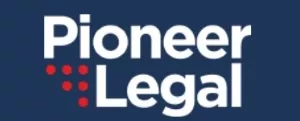- within Media, Telecoms, IT and Entertainment topic(s)
- within Food, Drugs, Healthcare and Life Sciences topic(s)
The dispute between Scarlett Johansson and OpenAI revolves around the release of OpenAI's updated voice assistant in its GPT-4o model, which featured a voice that many found eerily similar to Johansson's voice, particularly reminiscent of her role in the famous Hollywood motion picture TRAI, in its recommendations has stated that the broadcasting sector is a sunrise sector having huge potential to contribute towards the growth of the Indian economy. The vision for the NBP is to propel growth, promote content and protect interests. To achieve the aforementioned vision, TRAI has laid down various goals with a host of parameters to be fulfilled. More detailed recommendations for successfully achieving the vision and the goals havealso been provided on the official TRAI website. "Her". Open AI had approached Johansson to voice the assistant, but she declined. Subsequently, Open AI used a voice that closely resembled hers, Johansson claimed was done without her consent.
OpenAI has maintained that the voice was not intended to mimic Johansson's and was created using a different actor . However, due to the backlash and controversy, OpenAI decided to pull the voice from the model . This incident has highlighted significant concerns about the use of AI in replicating or simulating voices without explicit permission, raising broader questions about intellectual property rights and the ethical boundaries of AI technology.
The case underscores the ongoing tension between technological innovation and the rights of individuals to control the use of their likenesses and voices.
The content of this article is intended to provide a general guide to the subject matter. Specialist advice should be sought about your specific circumstances.




